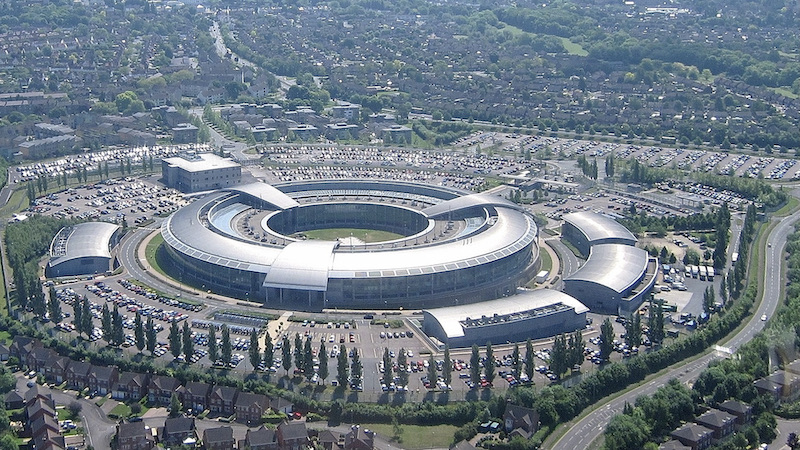UK High Court blocks GCHQ from using general warrants to conduct property searches

The UK’s High Court ruled that UK security and intelligence services can no longer rely on ‘general warrants’ to conduct searches of property, including computers.
The case – brought by Privacy International against the UK Investigatory Powers Tribunal – sought to narrow the use of general warrants in investigations that might result in computer network exploitation (CNE) – or hacking.
The court agreed with Privacy International that section 5 of the UK Intelligence Services Act (ISA) of 1994 does not permit the security and intelligence services to rely on non-specific warrants – otherwise known as general warrants – to authorize their wide-ranging hacking and property interference powers.
“The aversion to general warrants is one of the basic principles on which the law of the United Kingdom is founded,” the court said in its judgement. “As such, it may not be overridden by statute unless the wording of the statute makes clear that Parliament intended to do so.”
Thematic warrants are general warrants covering an entire class of property, persons or conduct, such as mobile phones used by a member of a criminal gang. These warrants may cover large groups of people without specifying the names or locations of the members. And that, PI argued, could allow governments to surveil millions of citizens unlawfully.
Older laws now apply to tech searches
The court decision in PI’s favor will essentially apply 250-year-old legal principles to modern government hacking and property interference in the UK. In agreeing with PI, the UK’s high court signaled to law enforcement that fundamental constitutional principles still need to be applied in the context of surveillance – and that government agencies do not have the right to circumvent traditional protections afforded by the common law.
“The Court referred to cases dating back to the 18th century, which demonstrate the common law’s insistence that the Government cannot search private premises without lawful authority even in the national security context,” Privacy International said in a press release. “In the digital age, where a general warrant could easily enable spying on hundreds, thousands or even millions of people, this is a major victory.”
The court found that a government policy of allowing the UK Secretary of State to grant general warrants to officers and agents to carry out searches amounted to an “unlawful delegation of authority” because general warrants violate individuals’ right not to have property searched other than by the authority of the law.
NGO litigated the case for five years
Privacy International began its legal challenge in December 2015. It questioned various aspects of the arrangements under which the UK spy agencies were believed to make use of computer searches via thematic warrants.
In October 2019, PI sought judicial review of whether the use of hacking by GCHQ prior to publication of the draft Equipment Interference Code in February 2015 had been in contravention of Article 8 and/or Article 10 of the European Convention on Human Rights.
In January 2020, the court approved a consent order under that combined the two cases, ultimately resulting in this most recent ruling.
Legal challenge found government support in some quarters
PI’s legal challenge found support in some parts of the UK government.
In a report issued before the Investigatory Powers Act 2016 went into force, Sir Mark Waller, a former Lord Justice of Appeal, expressed his concerns to government agencies about the use of warrants in a way which seemed, he felt, too broad or “thematic.”
The UK government at the time rebutted that due to the time-sensitive nature of national security investigations, they needed a warrant regime which “specifies” property under threat by a group of terror suspects in advance of actually knowing suspects’ identities. At some point in the future, the UK government argued, terror suspects could be identified more specifically, after CNE allowed under the warrant had taken place. (Posteo News)